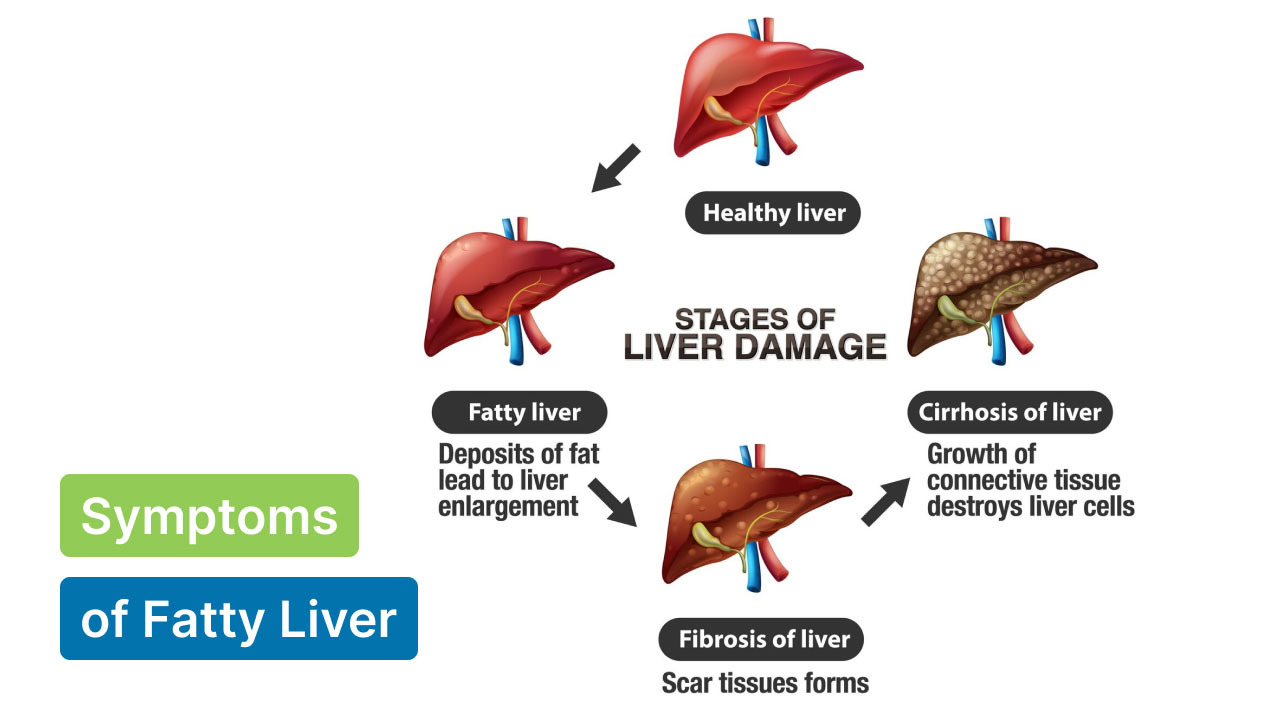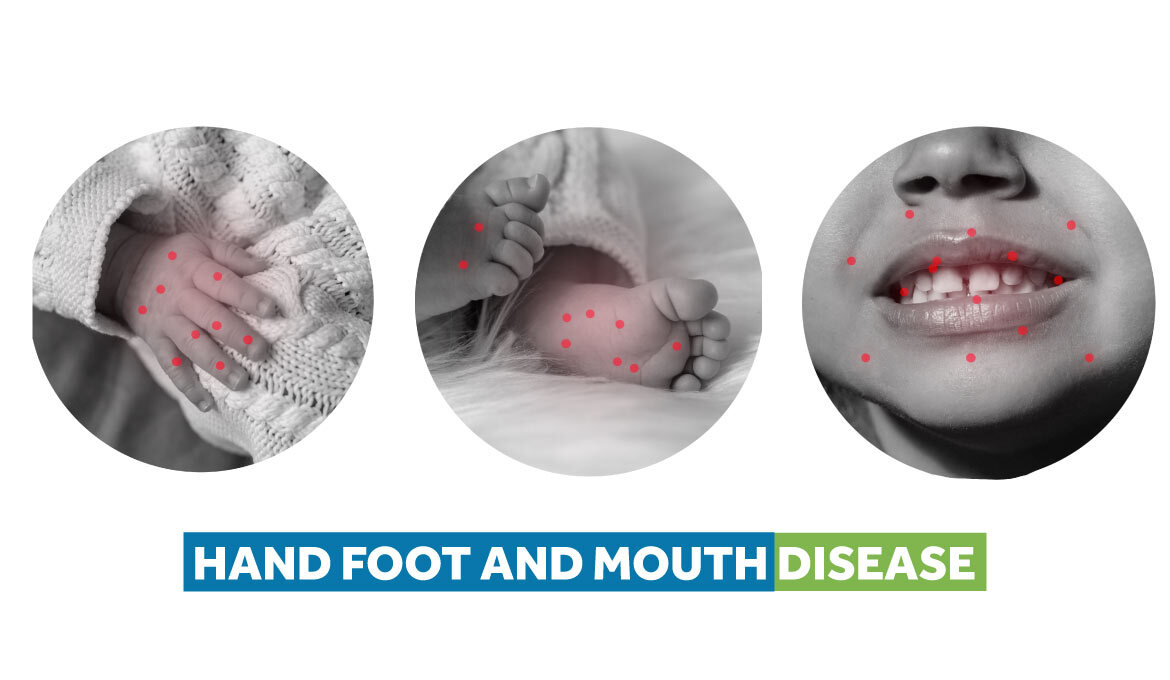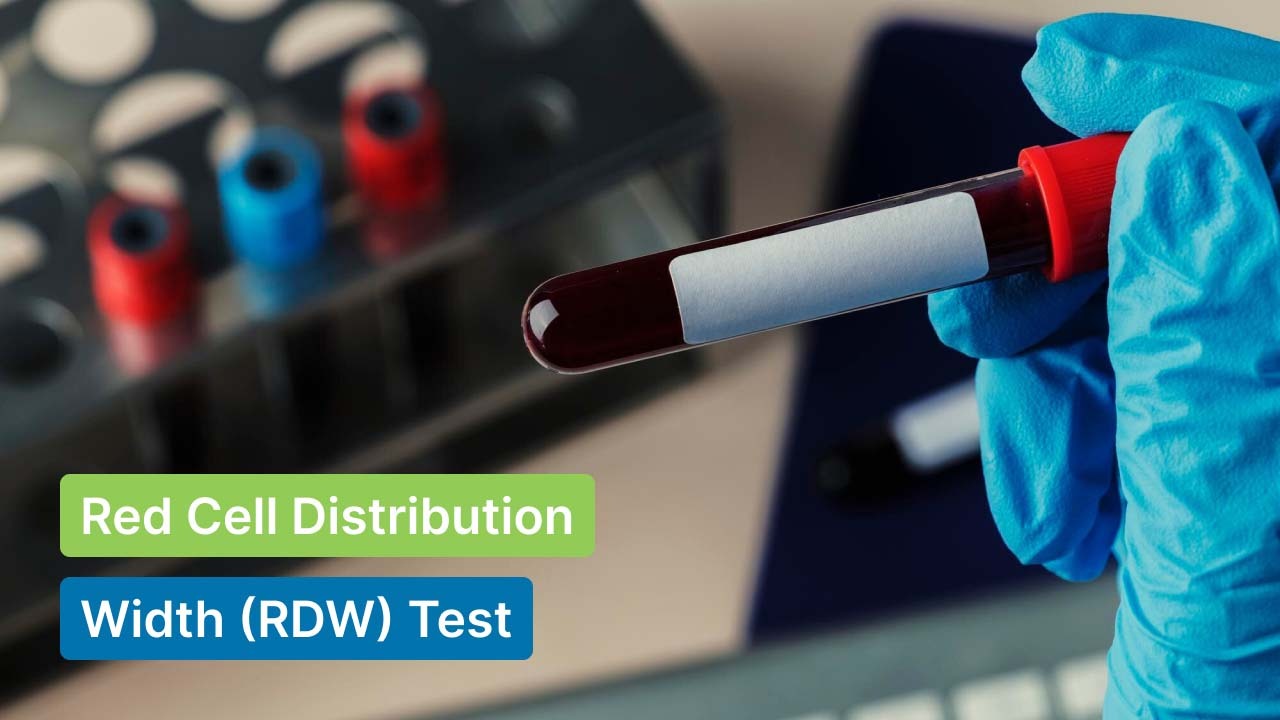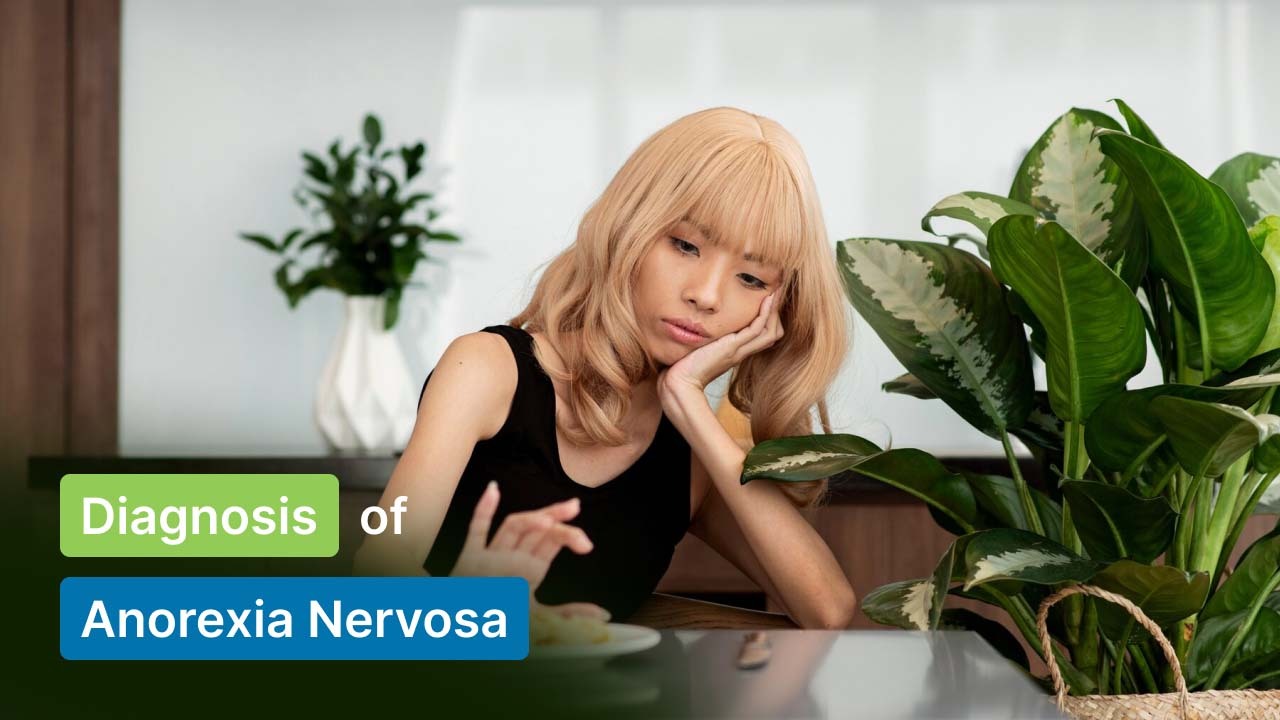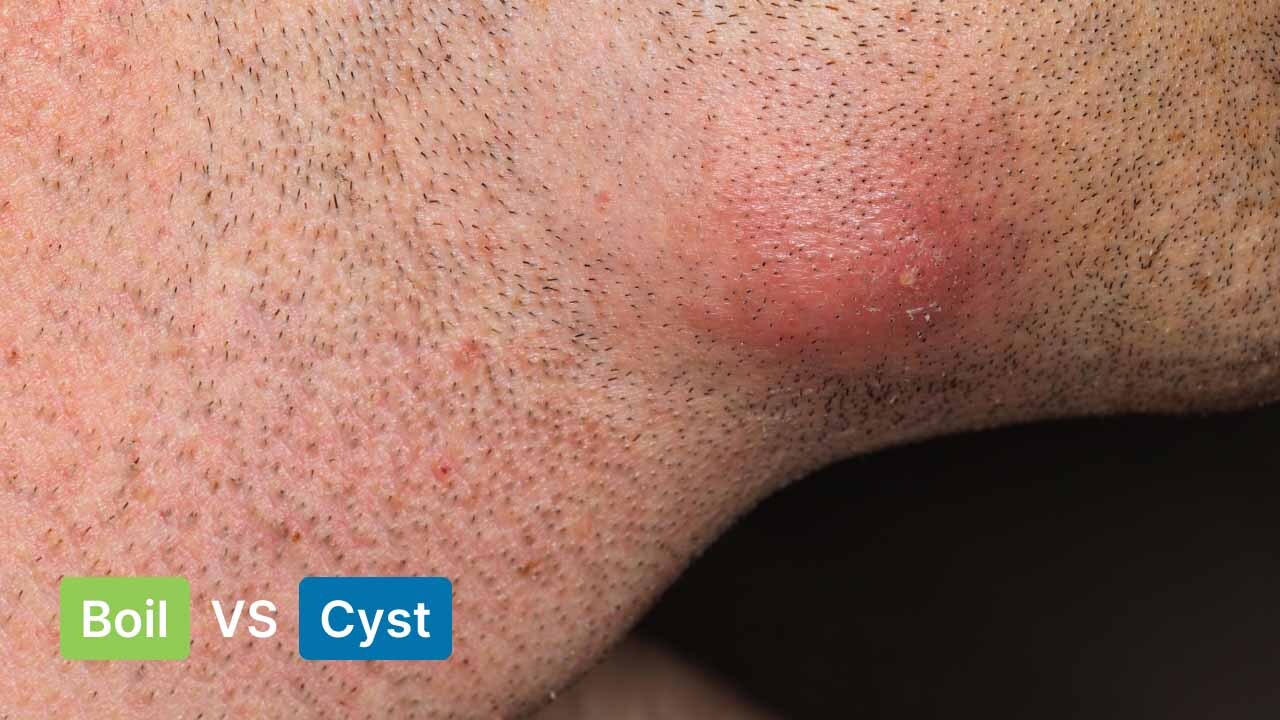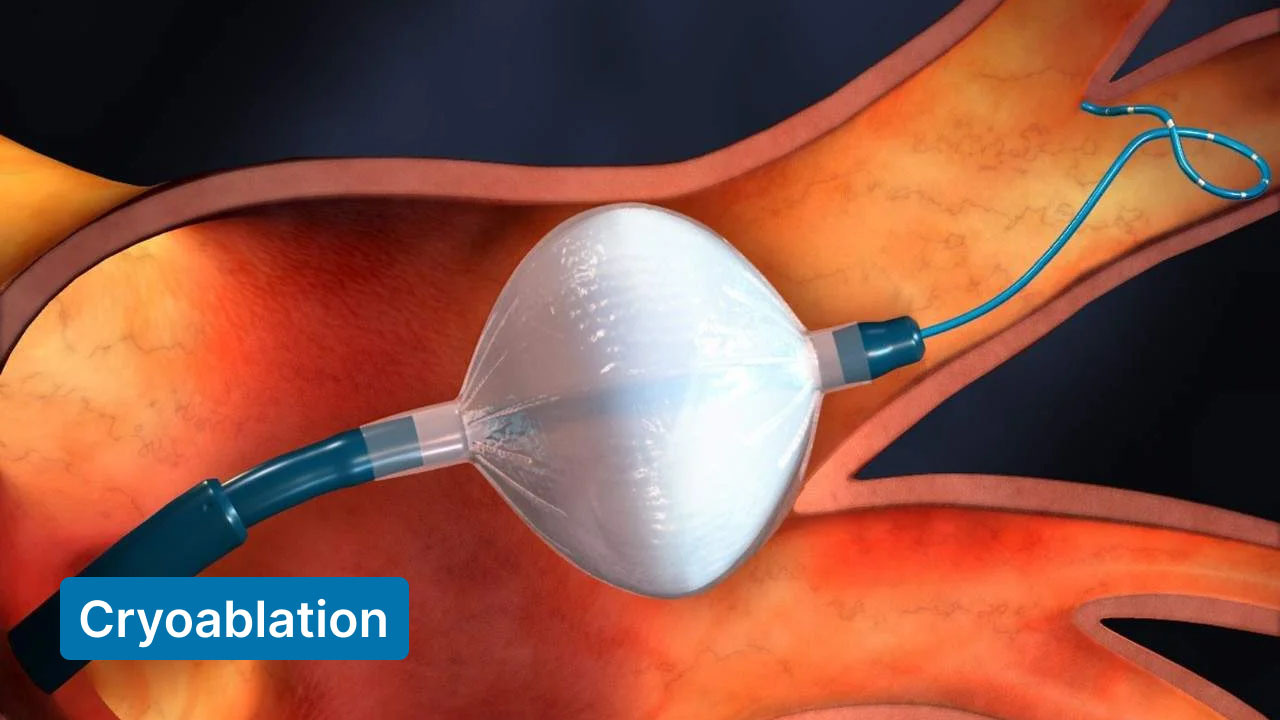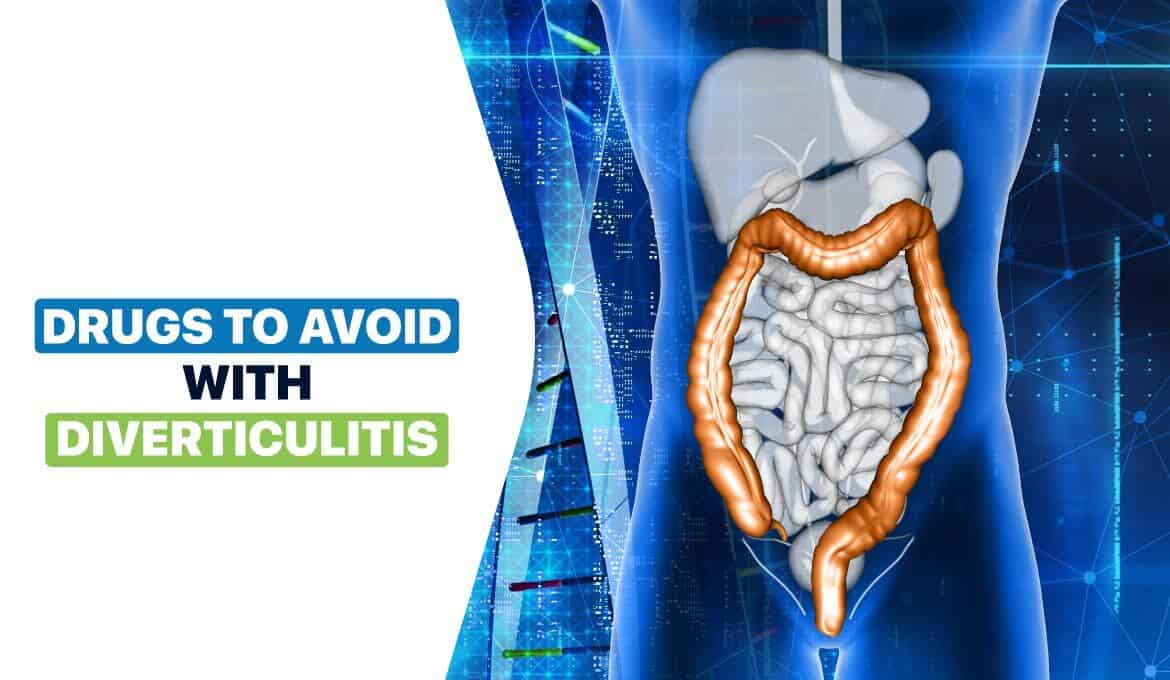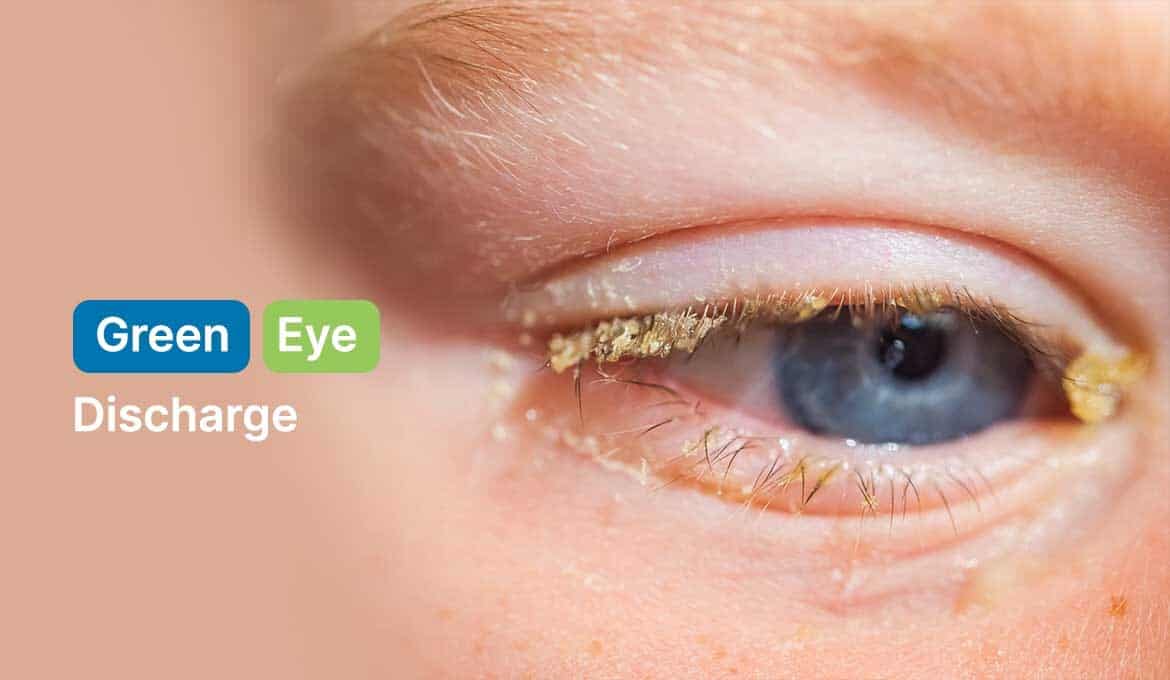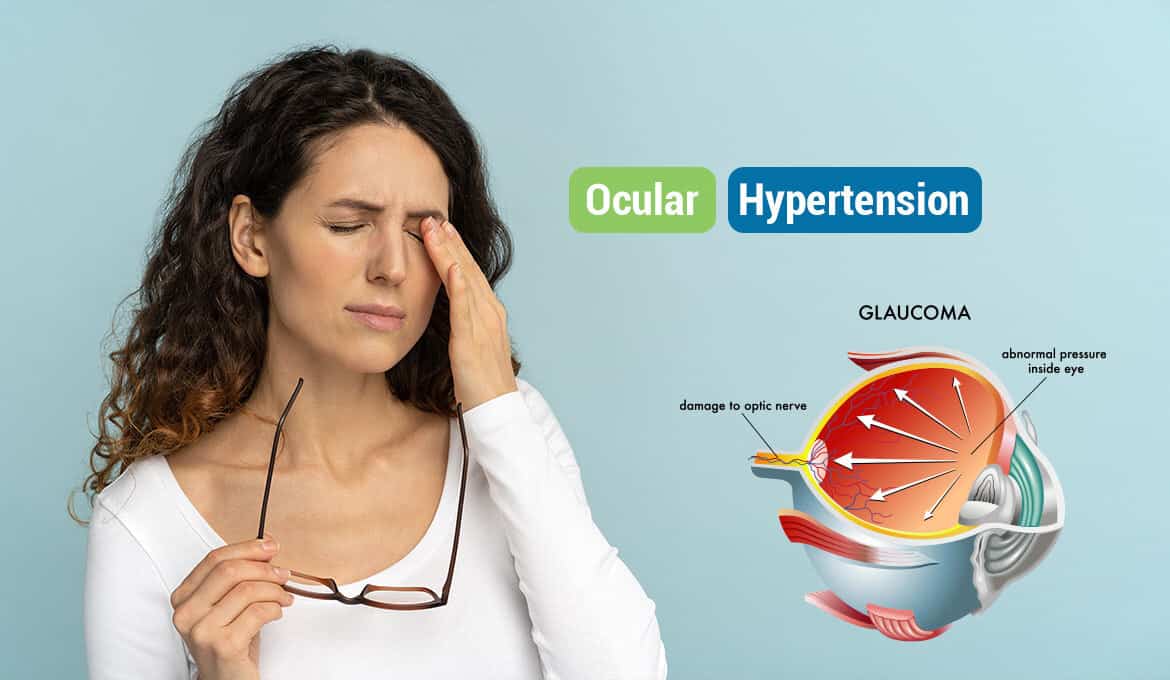
Are you experiencing lymph nodes? Do not worry. Lymph nodes indicate that your immune system is working to protect you from bacteria or viruses that could make you sick.
Lymph nodes, also called lymph glands, are found throughout the body and contain filtered lymph (the clear fluid that circulates through the lymphatic system), a component of the body's immune system. If you have an infection, you may notice swollen lymph nodes near the infected area, such as the neck, armpit, or jaw. Read on to learn more about lymph nodes, such as their causes, symptoms, diagnosis, treatment, and much more.
What Are Swollen Lymph Nodes?
Swollen lymph nodes are small pea-sized glands, part of the lymphatic system. It is one of your body's natural reactions of your immune system to fight infections. The medical term for the lymph node is axillary adenopathy or axillary lymphadenopathy. These nodes store white blood cells, whose job is to kill harmful germs, or cells, that cause illness that pass through your lymphatic fluid (a yellowish fluid made up of white blood cells, protein, and fat) before they can infect other parts of your body.
There are several groups of lymph nodes, which are small clusters that are found throughout the body. When a person has an infection, they swell and cause tenderness. The swollen or enlarged are located in the neck under the chin, armpits, and groin. The location of the swollen lymph gland may help identify the cause of your illness.
How Do Lymph Nodes Work?
Lymph nodes are connected through a network of lymph vessels that carry lymph fluid (a clear or yellow liquid passes through nodes) whose job is to find and destroy harmful substances.
Lymph nodes also contain lymphocytes (white blood cells), which break down bacteria, viruses, damaged cells, or cancer cells, which causes them to swell. Further, the lymph fluid turns them into waste products and eliminates them in the bloodstream. The kidney and liver pass it from the blood and move them out from bowel movements (poop) or urine (pee).
What Are The Locations of Lymph Nodes?
There are around 600 lymph nodes which are located throughout the body. The most common are lymph nodes in the neck, also known as cervical lymph nodes. But there are also some common area of lymph nodes which you can feel includes:
- Groin.
- Armpit.
- The crease between your thigh and torso.
- Behind the ears.
- Neck (any side including front, back, left, right, down).
- Under the jaw and chin.
- The backside of the head.
What Causes Swollen Lymph Glands?
Lymph glands are usually pea-sized, near to 1 cm in size or less, and are rarely visible. But due to different causes, they can swell up to the marble size. The causes of swollen glands may include:
1. Infection (lymphadenitis): The common cause of swollen lymph nodes is infections. When a person is infected, the infected area swells, as this can increase the number of white blood cells that respond to foreign antigens. Such infections may include:
- Ear infection
- Tooth infection
- Skin infection
- Gingivitis
- Common cold or flu
- Herpes
- Sinus infection
- Strep throat
- Shingles
- Tuberculosis
- Tonsillitis
Other serious infections include:
- Chickenpox
- HIV
- Lyme disease
- Measles
- Mononucleosis (mono)
- Toxoplasmosis
2. Cancer: Cancer is a rare cause of swollen lymph nodes. Types of cancer that swell lymph nodes include:
- Breast cancer
- Blood vessels or lymph vessels cancer
- Throat cancer
- Lungs and stomach cancer
- Blood cells cancer
- Prostate cancer
There are also cancers of the lymph nodes called lymphomas that swell the neck, armpit, collarbone area, and groin. There are different types of lymphomas, including:
- Hodgkin's lymphoma
- Non-Hodgkin's lymphoma
3. Inflammation: Another cause of swollen lymph nodes is inflammation, which is caused by immune or autoimmune disorders such as:
- Lupus
- Rheumatoid arthritis (RA)
- HIV
- Sarcoidosis
- Sjogren syndrome
- Kawasaki disease
4. Autoimmune: Autoimmune diseases cause lymphadenopathy as they allow the immune system to harm healthy cells and tissues, leading to swell lymph nodes. Autoimmune diseases that cause lymph nodes include:
- Lupus
- Psoriatic arthritis
- Rheumatoid arthritis
- Sarcoidosis
- Sjogren's syndrome
5. Pharmaceutical: Swollen lymph nodes can also be the cause of certain medications. Some medicines show side effects such as:
- Blood pressure medications (atenolol, captopril, hydralazine)
- Carbamazepine
- Antibiotics (penicillin, cephalosporins, sulfonamides)
- Dilantin
- Mysoline
- Typhoid vaccine
- Phenytoin and other seizure medications
- Sulfonamides antibiotics
- Penicillin
- Anti-parasitic medications (pyrimethamine and quinidine)
6. Fungal infection: Some common fungal infections can swell lymph nodes if you have a weak immune system or take antibiotics. The infection includes:
- Vaginal yeast infection
- White patches in the mouth or throat
- Blastomycosis
- Cryptococcosis
- Histoplasmosis
7. Other less common causes: Some other causes of swelling of lymph nodes include:
- Operative dental work.
- Glycogen storage disorders.
- Systemic lupus erythematosus (SLE).
- Specific forms of arthritis, such as rheumatoid arthritis.
What Are The Symptoms of Swollen Lymph Nodes?
Lymphadenopathy symptoms vary by location, severity, and underlying cause. Swelling can be limited to a specific body part or affect lymph nodes. Some symptoms are mild; some are severe, which may cause severe pain. Common symptoms of lymphadenopathy include:
- Tenderness and pain in the lymph nodes.
- Runny nose, sore throat, night sweats, fever, and other indications of an upper respiratory infection.
- General swelling of lymph nodes throughout the body may indicate infection (e.g., HIV, mononucleosis) or immune system disorder (e.g., lupus, rheumatoid arthritis).
- Swollen lymph nodes in various body parts due to infection or immune disorders like rheumatoid arthritis.
- Hard lymph nodes that won't move or get bigger quickly can be a sign of cancer or lymphoma.
How Are Swollen Lymph Nodes Diagnosed?
The diagnosis starts with your medical history. It helps to determine the cause of your symptoms, as certain diseases or medications can cause swollen lymph nodes. After that, your doctor will perform some physical testing and examine:
- Size of lymph nodes.
- Pain and tenderness.
- Consistency, whether they are hard and firm or soft and moveable.
- If they change or become larger over time.
- Breath sounds and heart, and can palpate your abdomen.
After a physical examination, your doctor may also recommend one of the following tests:
- X-rays
- Ultrasounds
- CT scans
The doctor may recommend an MRI based on the test results. In some cases, a biopsy may be needed if further evaluation is needed where a tissue sample or a portion of the lymph node is taken out from the needle for examination. The cells are then sent to a laboratory where they're tested for major diseases behind swelling, such as infection, cancer, or another source.
How To Treat Swollen Lymph Nodes?
Rapidly growing lymph nodes need different treatment than those swell over several months. Swollen lymph node treatment will depend on what is causing your lymph nodes to swell. After diagnosis, the following infections with the following treatment is recommended:
- Bacterial infections will be treated with antibiotics, symptom support, and, sometimes, surgery.
- Viral infections, such as HIV infections, can be treated or managed by antiviral medication.
- Other infections require antifungal or anti-parasite medications.
- Lymphadenitis, a bacterial, viral, or fungal infection of the lymph nodes, is treated with appropriate antimicrobial medications.
- If swelling of lymph nodes is due to medication, it will be stopped or changed. If an environmental toxin causes it, the patient will be advised to avoid exposure.
- Allergies can be treated with allergen avoidance and medication, such as antihistamines, decongestants, and corticosteroids. Immune disorders, like rheumatoid arthritis, can be managed using immunosuppressants or immune-modulating medications.
- Lymphoma, leukemia, and other cancers causing swollen lymph nodes are treated with chemotherapy, immunotherapy, radiation therapy, surgery, or a combination of these. Managing swollen lymph nodes
- Swollen lymph nodes can be managed with over-the-counter pain relievers, warm compresses, and rest.
Some Home Remedies To Treat Lymph Nodes
If swollen lymph does not have any severe symptoms, try some of the below home remedies to get relief from swelling and discomfort:
- Apply warm compress: Place a clean cloth under warm water. Once the cloth gets warm, place it on your affected area until it cools down. Repeat this process three times a day. It will help decrease the pain and swelling of lymph nodes by increasing blood flow to the swollen area.
- Take an over-the-counter medication: OTC medications: Over-the-counter medications like acetaminophen or ibuprofen help to reduce swelling and other symptoms such as fever.
- Basil and cinnamon: These two common home ingredients hold antimicrobial and anti-inflammatory properties, which help reduce pain and discomfort caused by lymph nodes. In 3 cups of boiled water, add 2 spoons of basil and cinnamon, mix them well, and let it rest for 15 minutes. Now, filter the mixtures to remove solid substances and drink them.
- Aloe Vera: Aloe vera is also a common home ingredient with anti-inflammatory and antibacterial properties that can heal skin infections. Applying the aloe vera gel will reduce the swelling of lymph nodes.
- Garlic: Another natural home remedy and one of the most straightforward solutions available is garlic. You can add peeled garlic cloves to your meals or get garlic oil and gently massage it on the affected area for 10-15 minutes.
When To Visit A Healthcare Provider?
Mostly, lymphadenopathy is normal and indicates that you have a healthy immune system that fights with germs and bacteria, which can further cause infection. However, the lymph node symptoms sometimes become severe and are treated with immediate medical attention. If you experience severe symptoms mentioned below, it is time to visit your healthcare provider:
- Painful and hard.
- Growing rapidly and fixed to the skin.
- Glands have become worse over time,
- Fever, night sweats, fatigue, or weight loss follow lymph nodes.
- Infected skin has become red and inflamed.
- Breathing or swallowing is difficult.
Conclusion
Swollen lymph nodes or lymphadenopathy are signs of a healthy immune system fighting an infection, but you may notice swelling and tenderness in the neck, armpits, or groin with symptoms such as a sore throat. They are usually caused in response to infections, and in rare cases, they may also occur due to other health issues such as autoimmune diseases, medications, or cancer.
Your body contains about 600 lymph nodes and does not need treatment as they go down alone. However, in severe cases such as extreme pain or difficulty, the swelling will decrease only by treatment. Treatment depends on the symptoms diagnosed by blood tests, imaging studies, lab cultures, or a biopsy. If symptoms persist for more than two weeks, it is recommended to consult a doctor.
FAQs
1. What are the symptoms of cancer in lymph nodes?
Ans: Symptoms of cancer in lymph nodes include:
- Painless swelling in your neck, armpits, or groin.
- Persistent fatigue.
- Fever and night sweats.
- Breathing shortness.
- Unexplained weight loss.
- Itchy skin.
2. How do you treat swollen lymph nodes in the neck?
Ans: Apply a warm, wet compress and take over-the-counter medications like ibuprofen, naproxen, aspirin, or acetaminophen. Use caution with aspirin and children.
3. What causes swollen lymph nodes?
Ans: Swollen lymph nodes are caused by infection from bacteria or viruses or, rarely, by cancer.
4. When swollen lymph nodes become severe?
Ans: If your swollen lymph nodes do not go away after one week and are rapidly growing all over, making you feel pain and night sweats, and has become hard and do not move on pressing, this indicates other illnesses such as cancer.
Also Read











